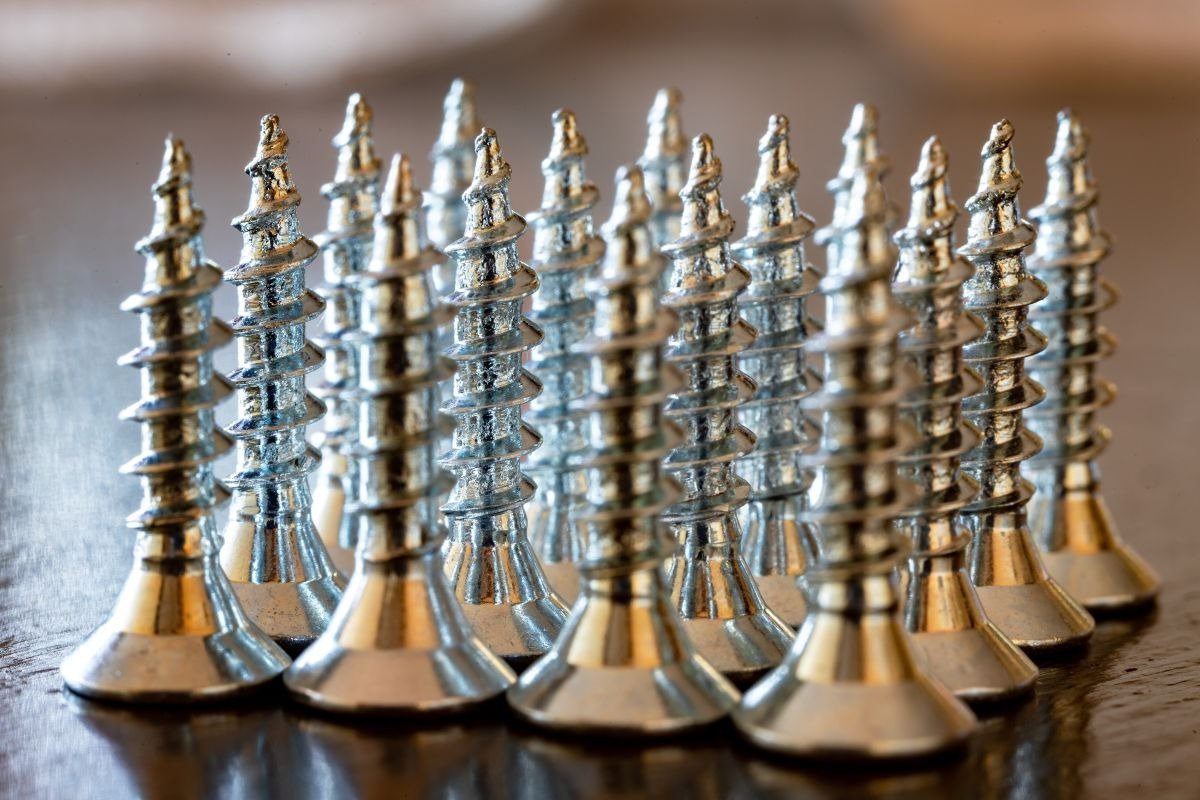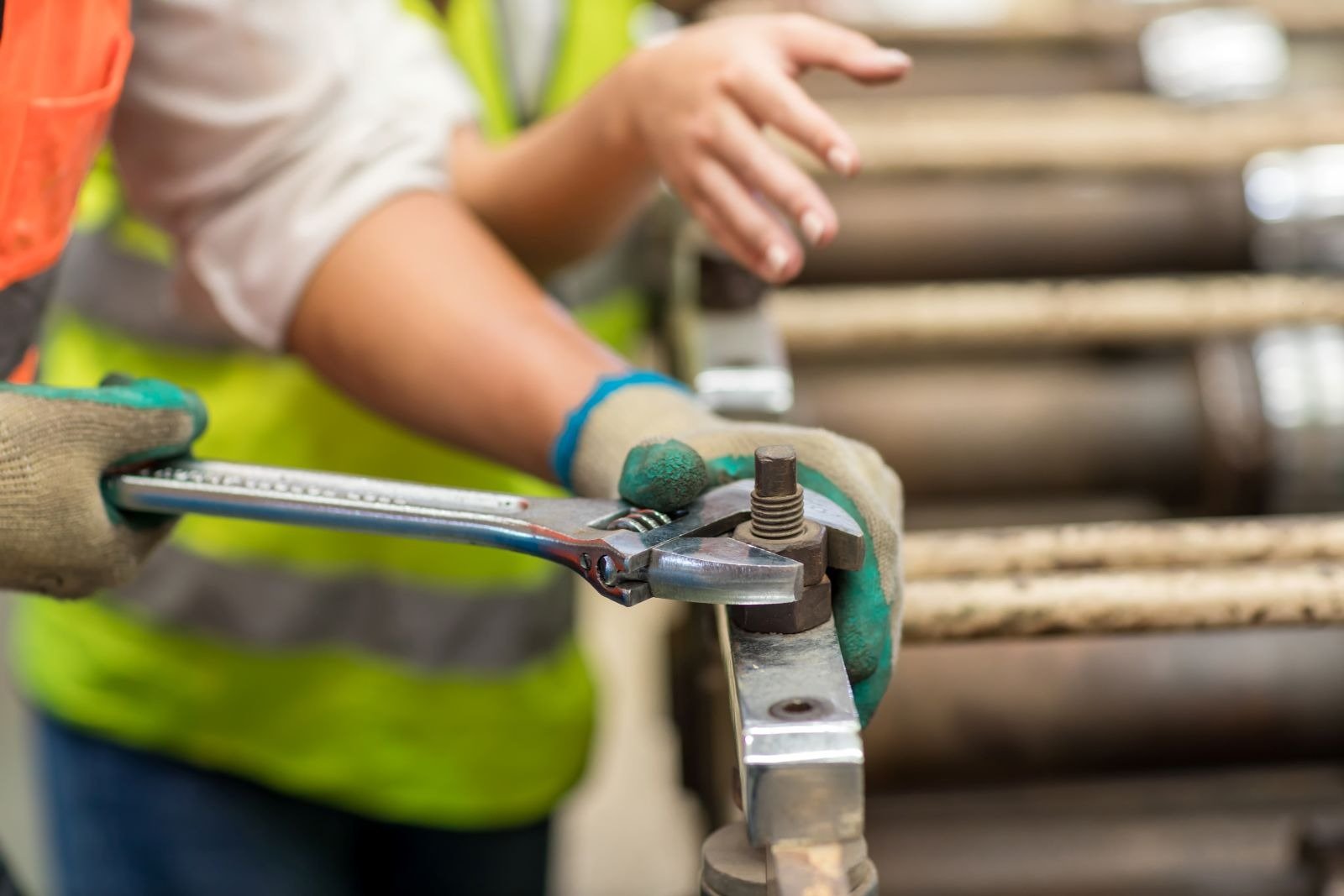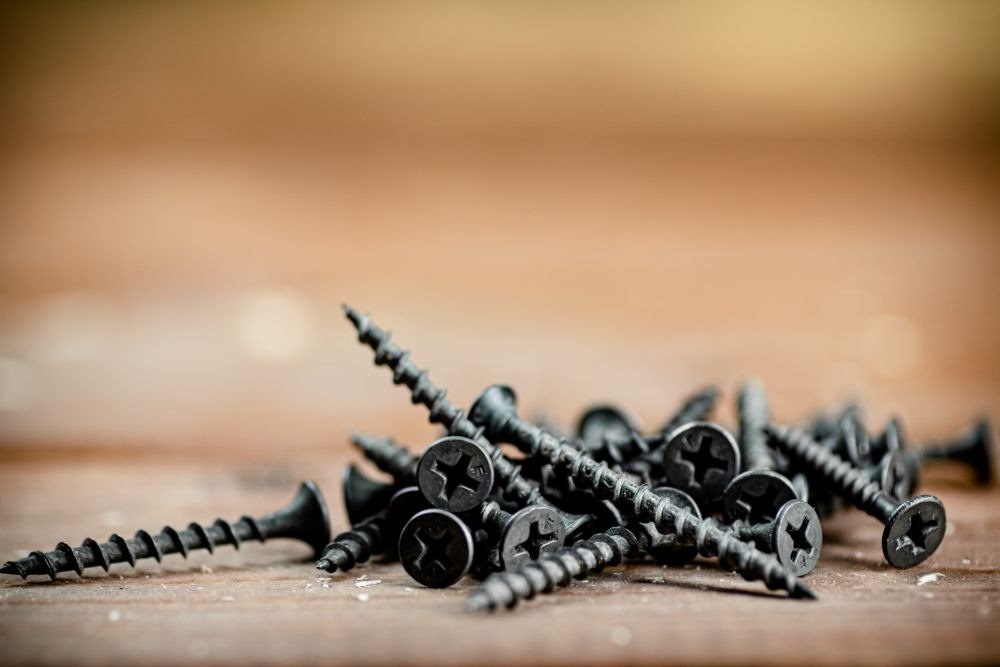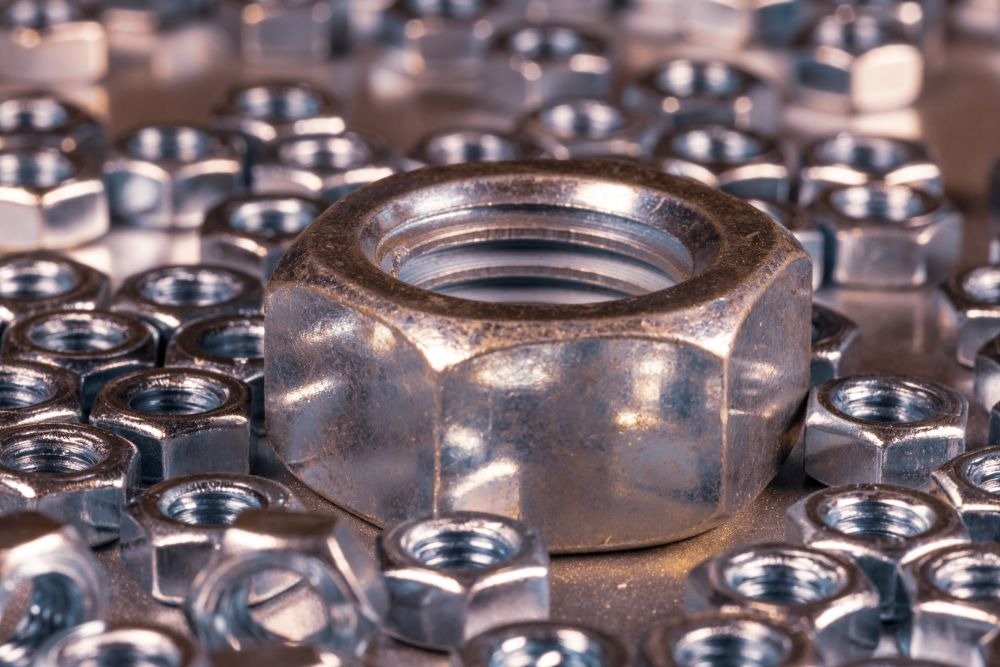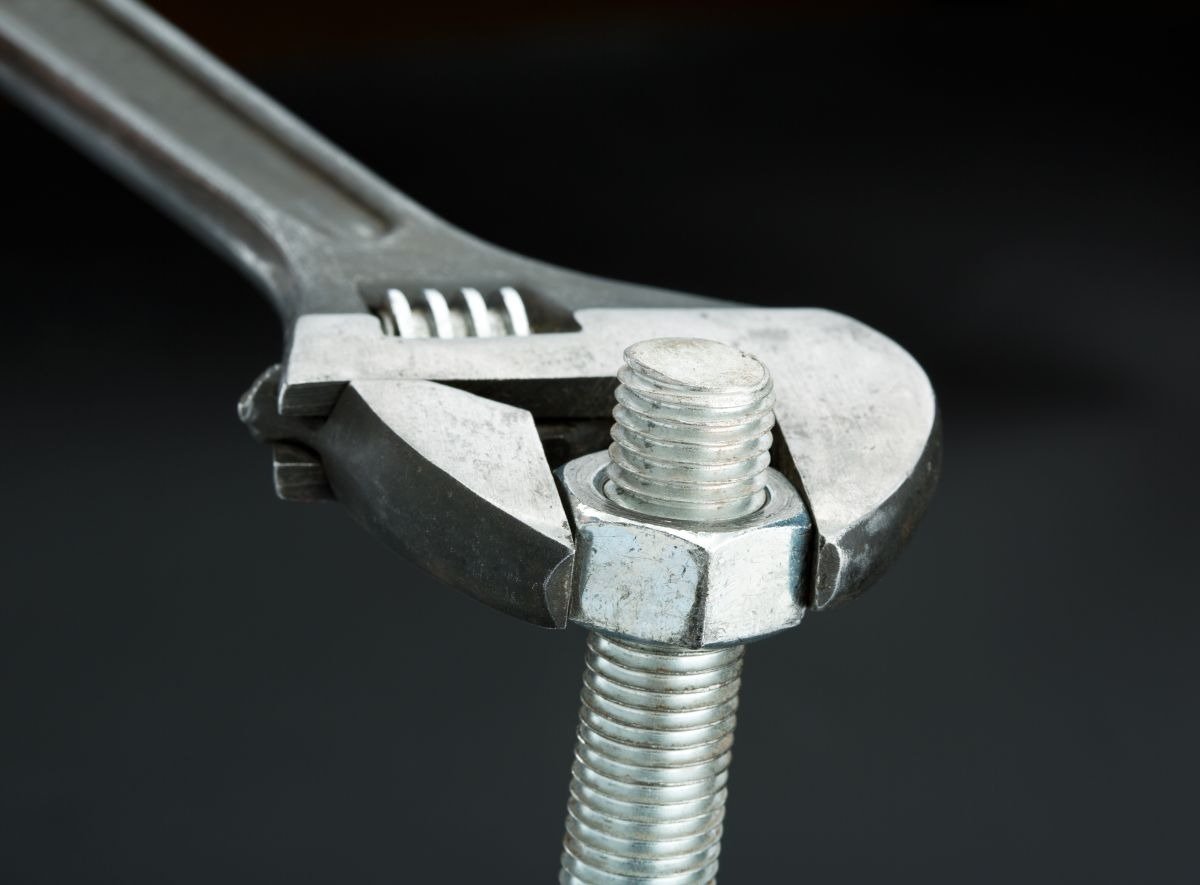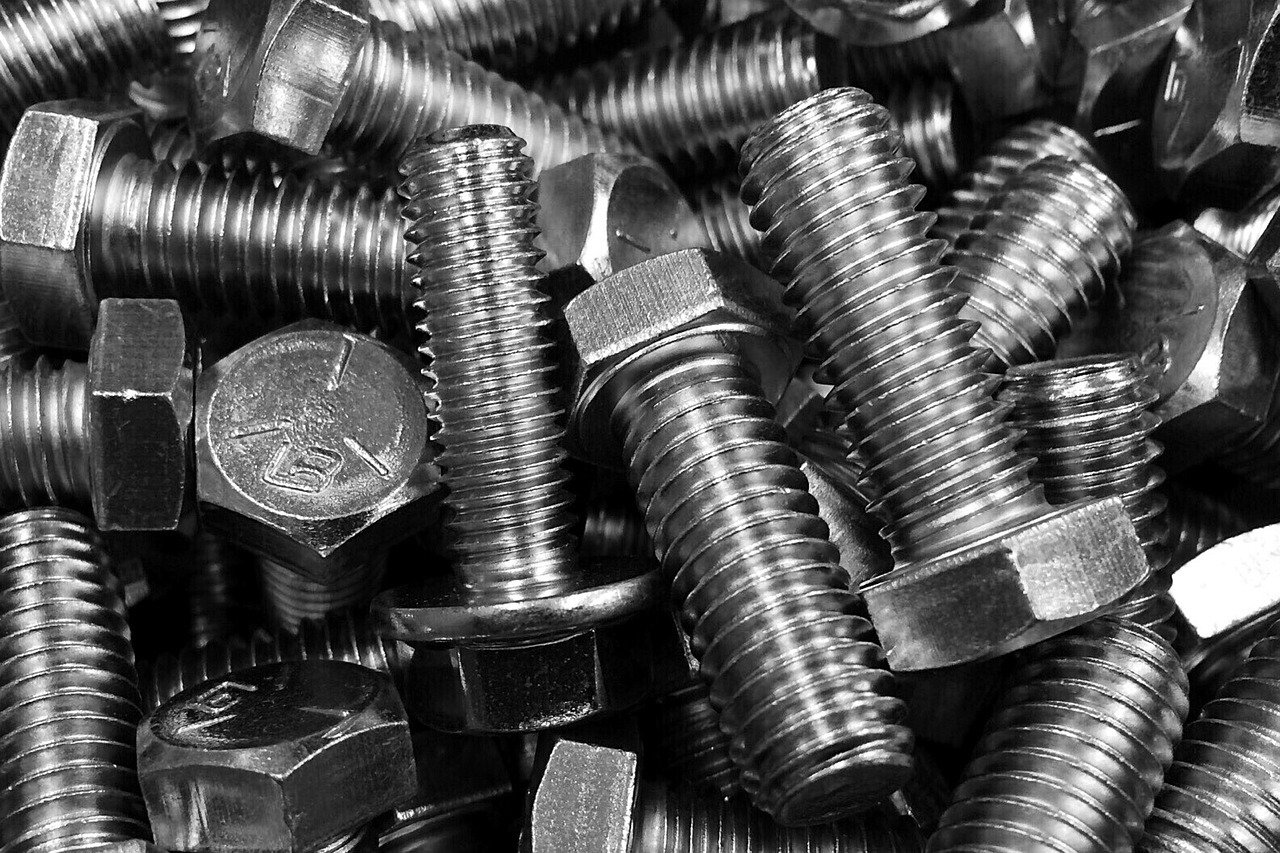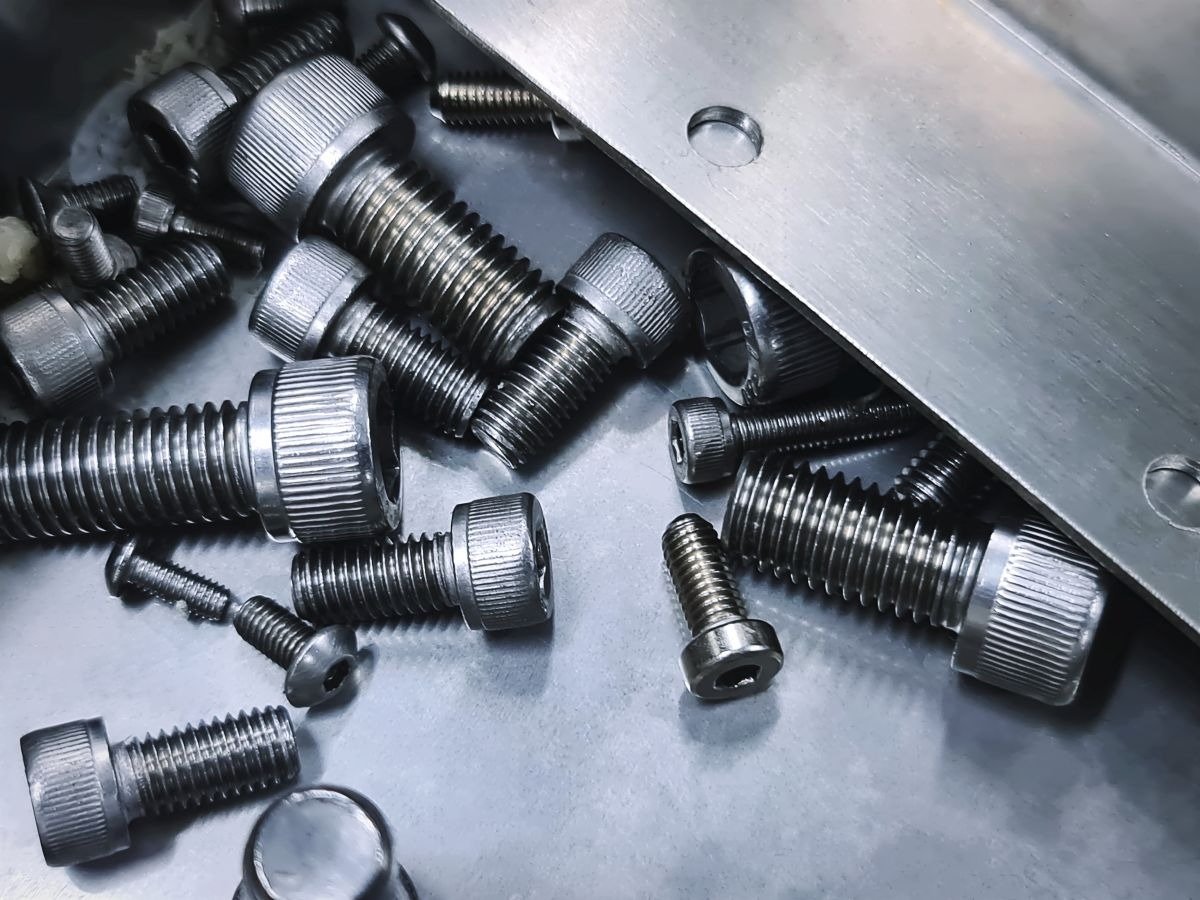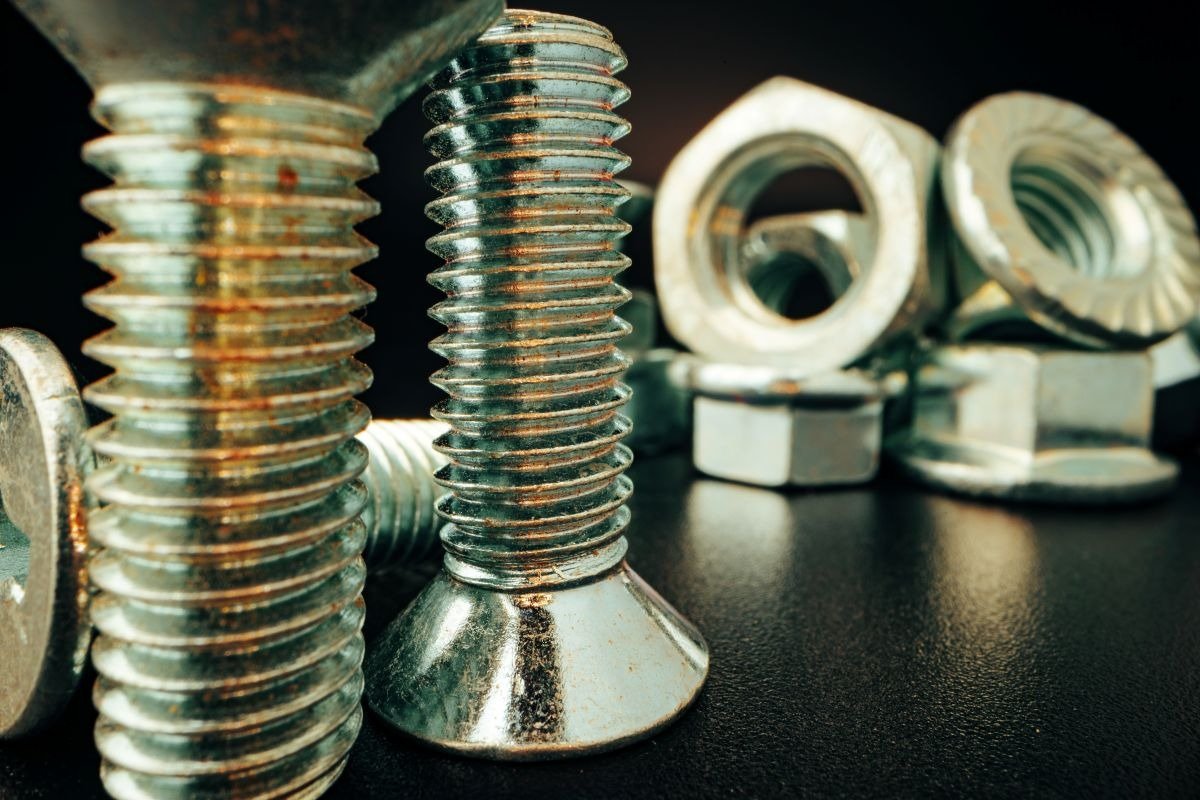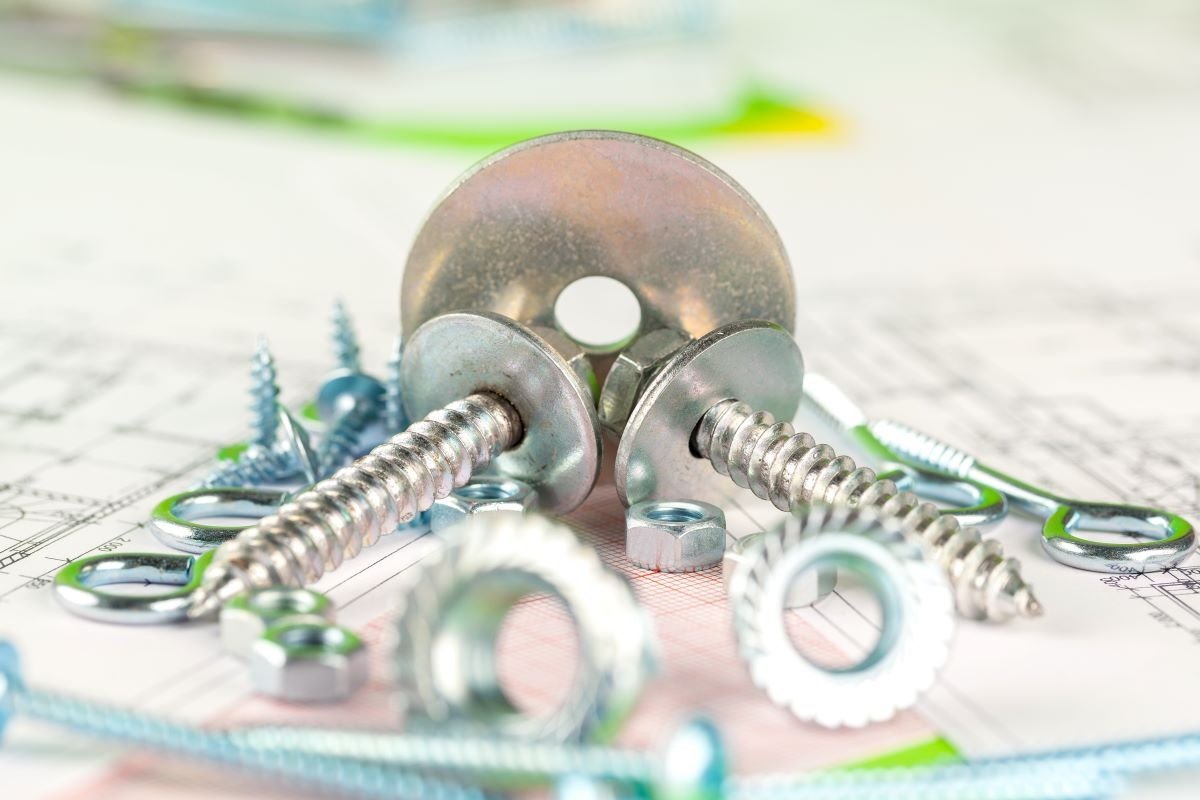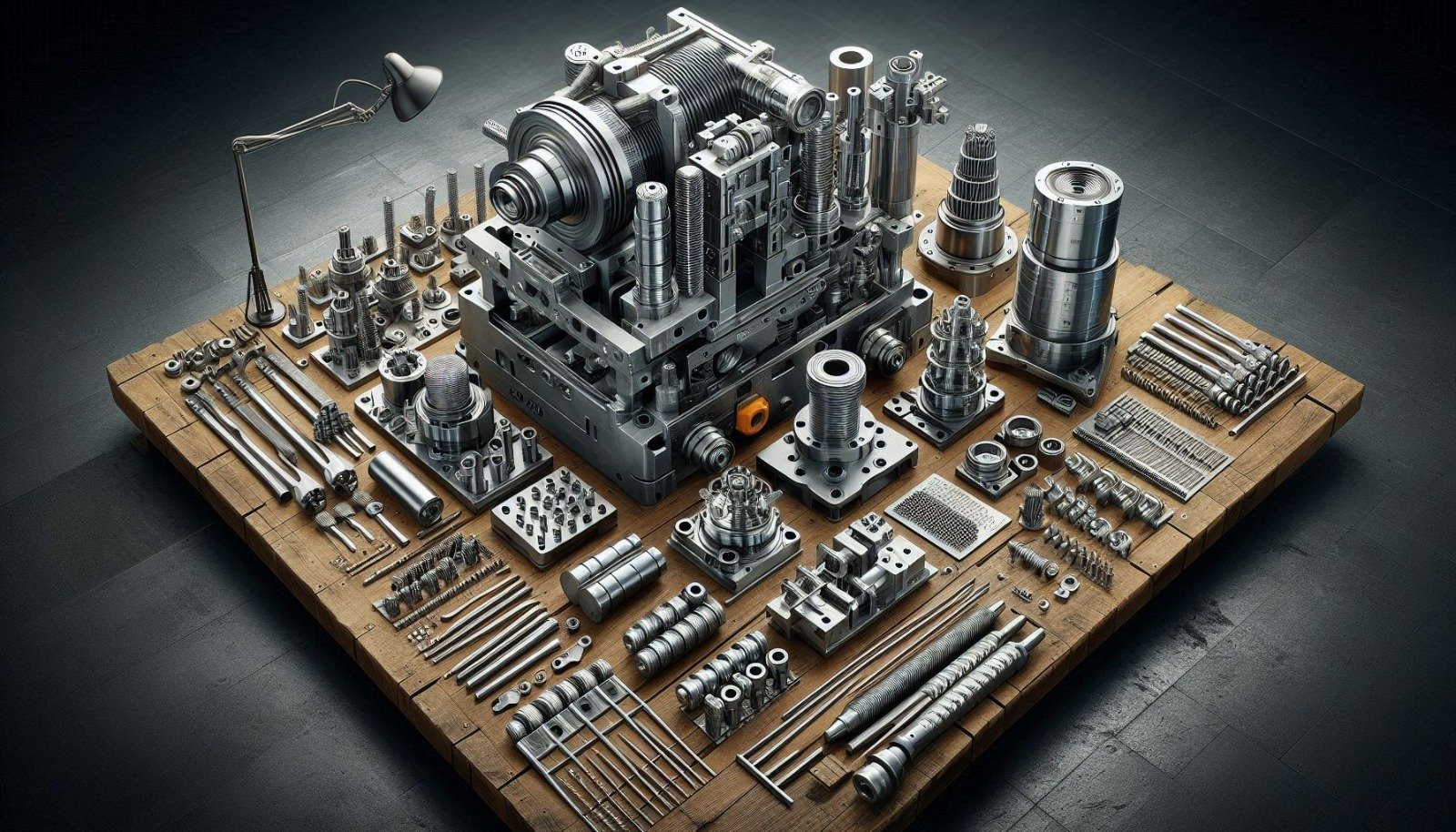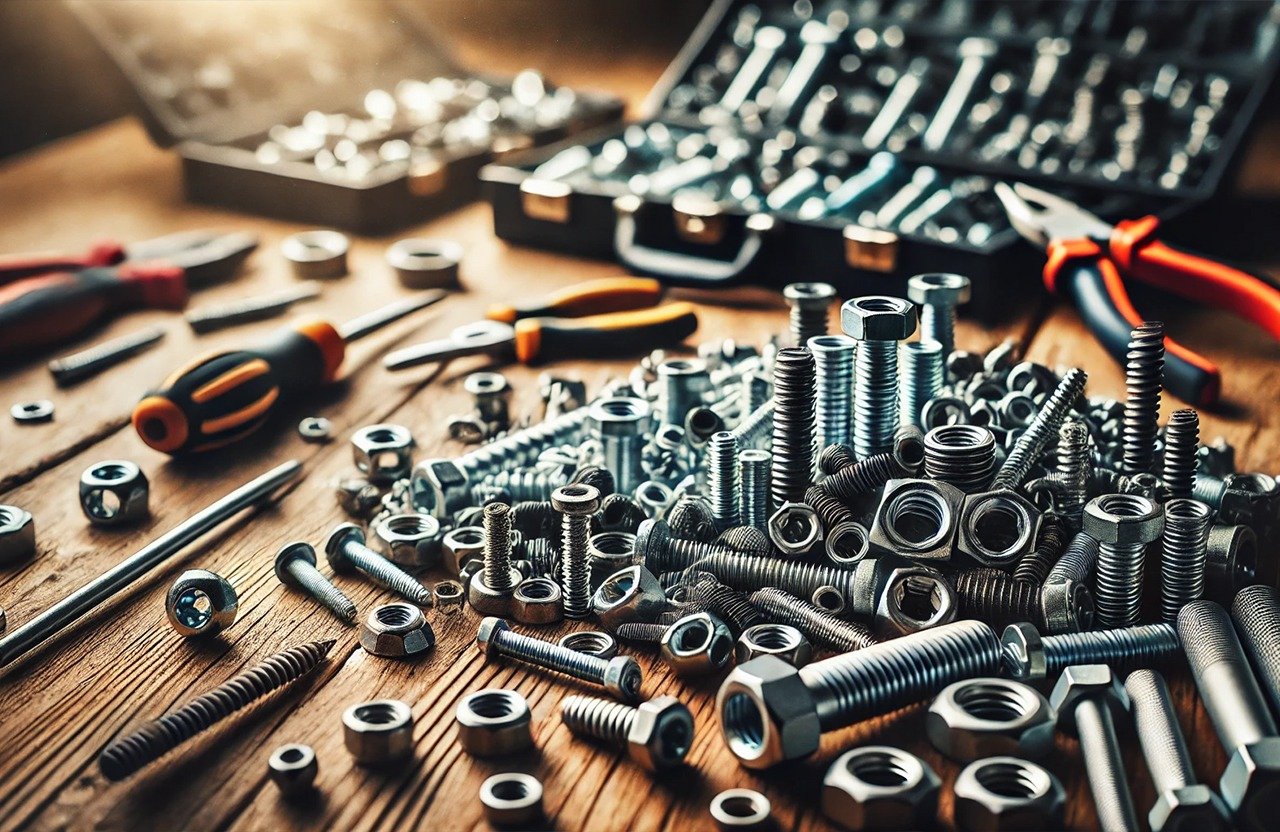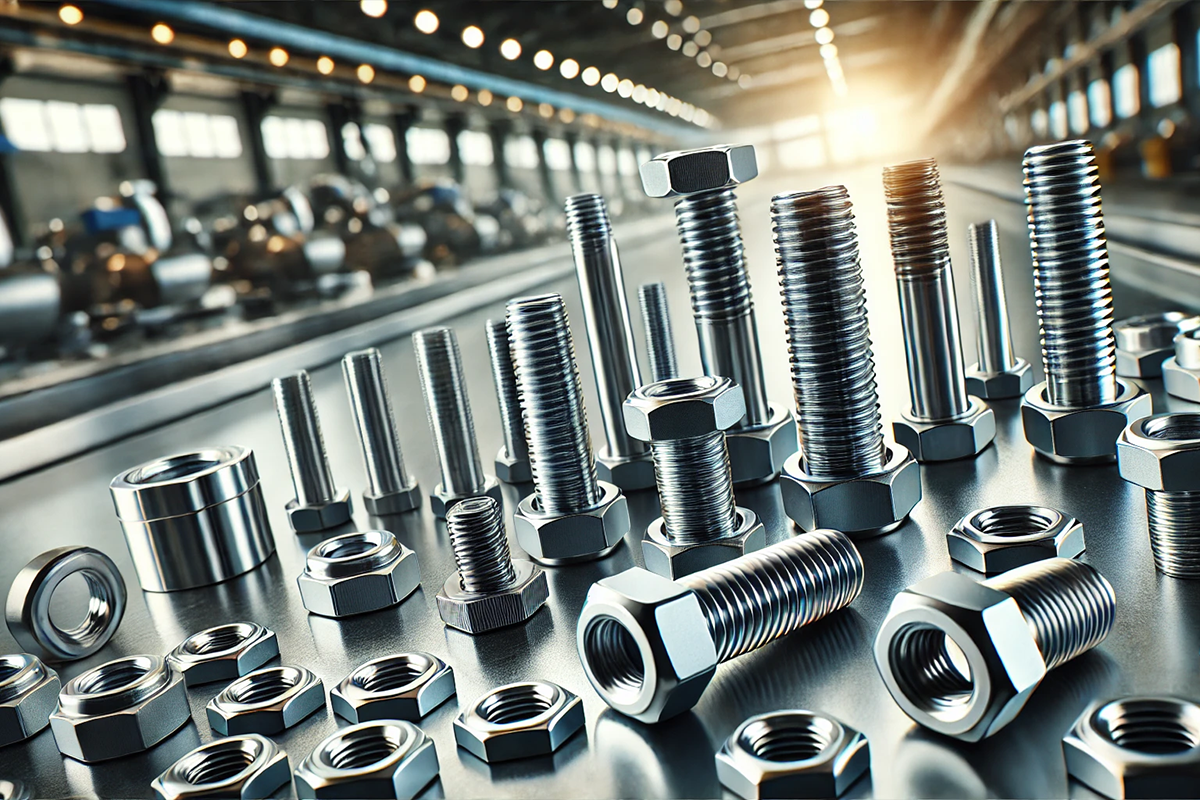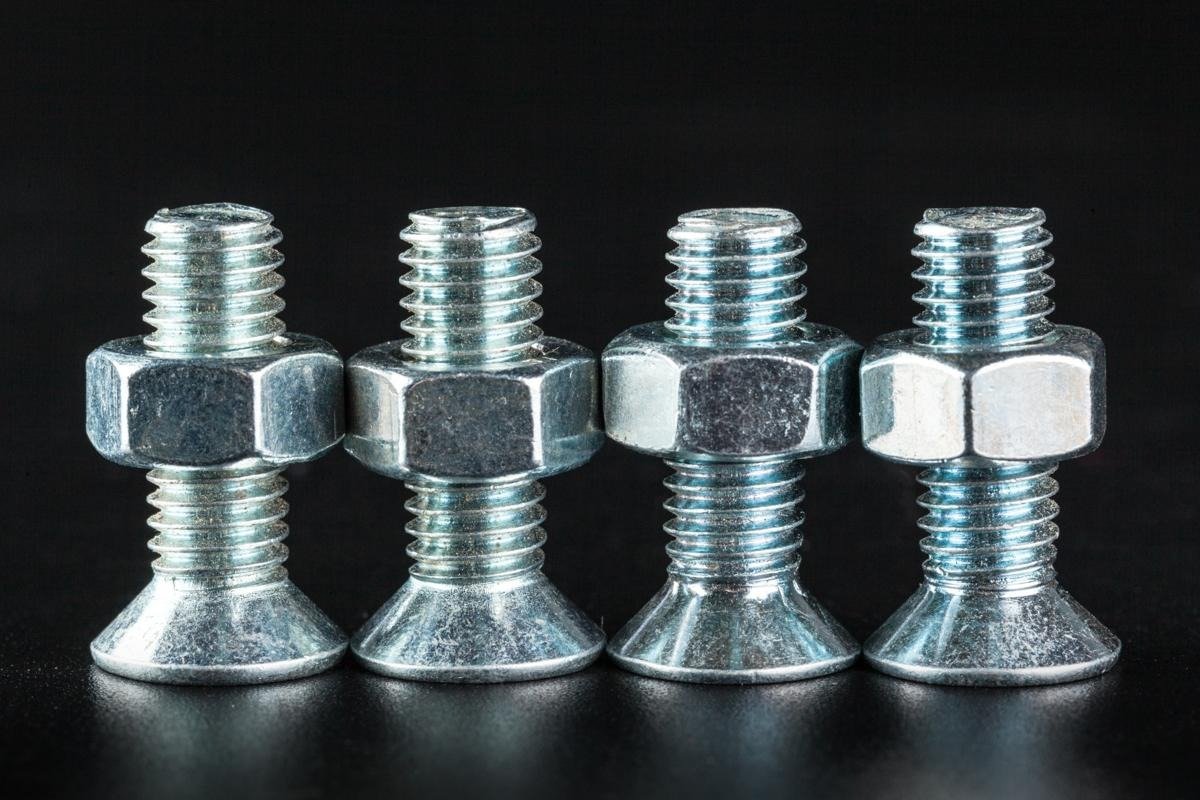How to Choose the Right Bolt? Key Technical Specifications to Consider
Bolts are small yet crucial components that hold various
structures together in our daily lives, often without us even realizing it.
From assembling furniture to constructing massive bridges, bolts play a vital
role in many applications. But how should bolts be selected? Which type of bolt
is suitable for which task?
How to Choose the Right Bolt?
Bolts are among the most commonly used fasteners in
industrial and structural applications. So, how should you choose the right
bolt?
1- Strength Grade
The first and most important factor in bolt selection is the
strength grade. The strength grade determines how much load a bolt can
withstand. Bolts used in construction, automotive, or industrial applications
must have a high strength grade. For example, the bolt used in bridge
construction is vastly different from the one used for assembling a cabinet.
The strength grade of a bolt is usually indicated by
numerical values such as 8.8 or 10.9. These numbers represent the tensile
strength and yield limit of the bolt. High-strength bolts can withstand greater
stress and loads. Therefore, it is crucial to carefully analyze the
requirements of your project and choose the correct strength grade accordingly.
2- Material Type
The material type of a bolt directly affects its lifespan
and performance. Bolts are commonly made from materials such as steel,
stainless steel, aluminum, or titanium. Each material has its own advantages
and disadvantages.
For example, stainless steel bolts are resistant to
corrosion and are preferred in humid environments. However, they tend to be
more expensive. On the other hand, standard steel bolts are more economical but
require protective coatings to prevent rusting. If the bolt will be exposed to
high temperatures, titanium bolts might be the best choice. When selecting a
material, it is essential to consider the environmental conditions in which the
bolt will be used. Choosing the wrong material can shorten the bolt’s lifespan
and even compromise the safety of the project.
3- Application Area
One of the most critical factors in bolt selection is the application
area. Will the bolt be used in an aircraft engine or in assembling a garden
bench? The answer to this question determines all the necessary specifications
of the bolt.
For instance, bolts used in the aerospace industry must be
both high-strength and lightweight. Additionally, they must withstand high
temperatures and vibrations. On the other hand, bolts used for assembling a household
shelf do not require such advanced specifications. The application area
influences everything from the size to the material of the bolt. Therefore,
carefully analyzing the project’s needs and selecting bolts that suit the
intended application is of great importance.
4- Length and Size
The length and size of a bolt directly impact the success of
the assembly. The bolt must be appropriate for the thickness of the components
being fastened.
A bolt that is too short may not securely join the parts,
while an excessively long bolt may create unnecessary weight or complicate the
assembly process. Additionally, the diameter of the bolt is also crucial. Bolts
with a larger diameter can support higher loads, but they also take up more
space. Therefore, selecting the correct length and diameter is essential.
Especially in precision engineering projects, even millimeter differences can
make a significant impact.
5- Surface Treatment and Coating
The surface treatment and coating of a bolt are essential
for both appearance and performance. Bolts used outdoors or in humid
environments must be protected against corrosion. In such cases, coatings like galvanized
or zinc plating can be used. These coatings extend the lifespan of the bolt and
prevent rust formation.
Additionally, in some applications, the aesthetic appearance
of the bolt is also important. For example, decorative bolts might require stainless
steel or colored coatings. Surface treatments not only enhance durability but
also improve the visual appeal of the bolt. Choosing the right coating
according to your project’s requirements is essential.
Selecting the right bolt is a more complex and important
process than it may seem. Factors such as strength grade, material type,
application area, length and size, and surface treatment directly affect a
bolt’s performance and lifespan. Choosing the wrong bolt can not only lead to project
failure but also pose safety risks. Therefore, carefully evaluating all these
factors and selecting bolts that best suit your project’s needs is crucial.


